A new book from Professor Luke O'Neill will appeal to curious young minds
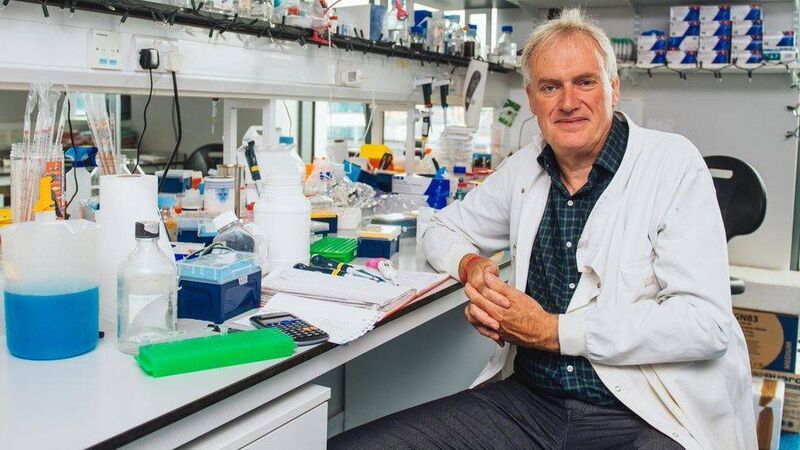
Professor Luke O’Neill.
Show Me The Science, by Professor Luke O’Neill (Gill Books €19.99)
BY asking questions, says Professor Luke O’Neill, we come to understand the world and our place in it.
The immunologist, Trinity professor of biochemistry, and author of The Great Irish Science Book poses a series of questions for young readers to consider, such as: Do we have control over our lives? Why do we do things that are bad for us? Why do we believe in things we can’t see? What’s the difference between men and women? And are we alone in the universe?
Before we can answer such questions, he cautions, “we need experiments, data, statistics and a lot of thought”, in order to “strip away the fantasy, through testing and retesting, arguing and debating, deleting and changing”.
Applying this scientific approach to the question of how much control we have over our lives, Prof O’Neill examines how what we perceive to be free will may be influenced by our genetic make-up, our upbringing and environment, and even by infection by the parasite toxoplasma, which he says affects 7% of Irish people and can make men less risk-averse and women more outgoing.
Then there’s the influence of adverts, whose power has increased along with our dependence on technology. Warning readers about the amount of information we unwittingly reveal by using social media, he says algorithms “can learn from this information and use it to manipulate you”.
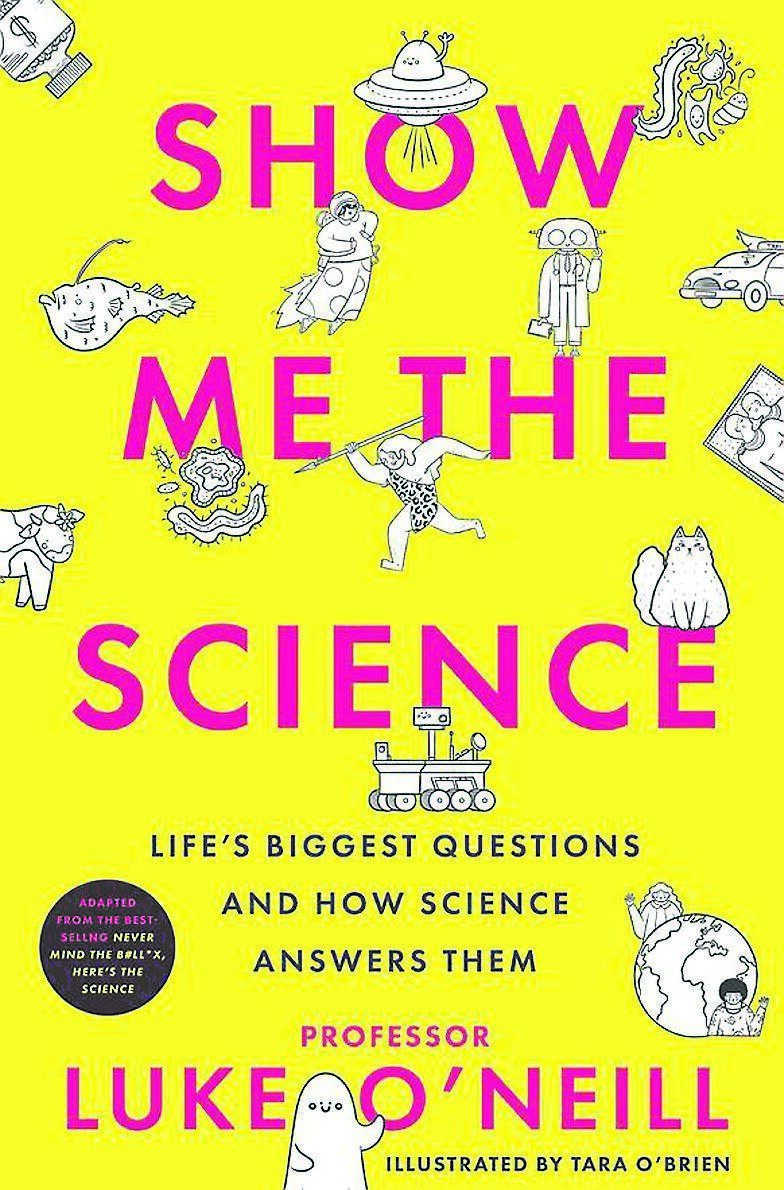
Noting its importance for elections and democracy, he explains the process in chicken-and-egg terms.
“For example, a website knows that you spend all day searching for omelette recipes. The algorithm sends you ads for a political party that says they will give everyone a free chicken. You decide to vote for them because, hey, more eggs means more omelettes!”
Though he does not claim to have a ready solution, being aware of this problem is the first step towards tackling it, and he advises: “If you’re being shown an ad for something, it’s worth thinking about why you’re seeing it.”
Far from exercising free will in decision-making, the bottom line, says Prof O’Neill, is that we are “letting the little machines that we carry around in our pocket control our lives”.
As an immunologist who was a prominent commentator during the Covid pandemic, Prof O’Neill returns to the topic of online influence in a question close to his heart: “Should we all get vaccinated?”
He takes aim at vaccine misinformation, which can spread “like wildfire” on the internet, and tells readers: “You probably have an uncle or second cousin who thinks that vaccines are the root of all evil. That they contain microchips, or cause cancer, or somehow give you better phone reception.”
In somewhat glib fashion, he suggests to young people that the best solution to this problem may be to delete Facebook from the phone of the offending relative, who “won’t know how to reinstall it and will have to ask you for help”.
For answers to his question regarding why we do things that are bad for us, Prof O’Neill looks to chemical and behavioural addictions and again points the finger at social media as a chief cause of smartphone addiction, as well as contributing to the “epidemic” of anxiety, depression, and eating disorders among teenagers.
Though Show Me The Science, released on August 31, certainly does not have all the answers to the questions it poses, on issues ranging from mental health to climate change and alien activity, it does provide a starting point from which curious minds may go on to consider such topics in greater depth by learning to separate fact from fiction.
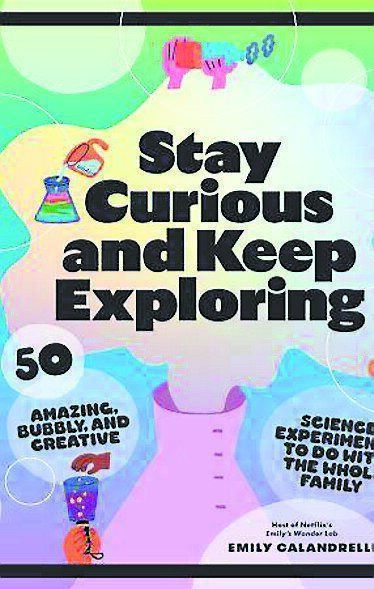
Emily Calandrelli encourages young readers to Stay Curious And Keep Exploring (Chronicle Prism €25.20) in a collection of 50 science experiments utilising readily-available materials.
The Netflix host of Emily’s Wonder Lab introduces children to the science behind ‘fizzy rockets’ that shoot into the air and self-imploding cans that demonstrate why astronauts need to wear such bulky space suits
Try making your own invisible ink, see if your ears pop with the air pressure of an egg in a bottle, or make a mini vortex blaster with a balloon, to discover how wind is created.
Some simple, others requiring adult assistance, the experiments in this compendium are designed to entertain while inviting children to construct and test out a hypothesis, learning to think like a scientist along the way.
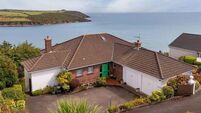
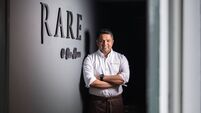
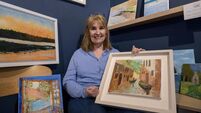




 App?
App?


